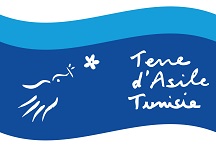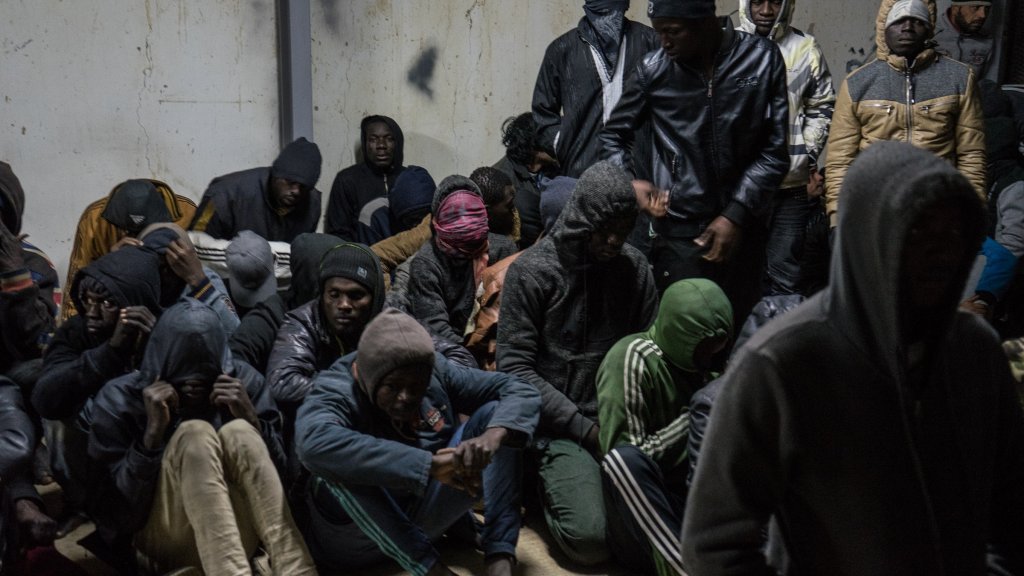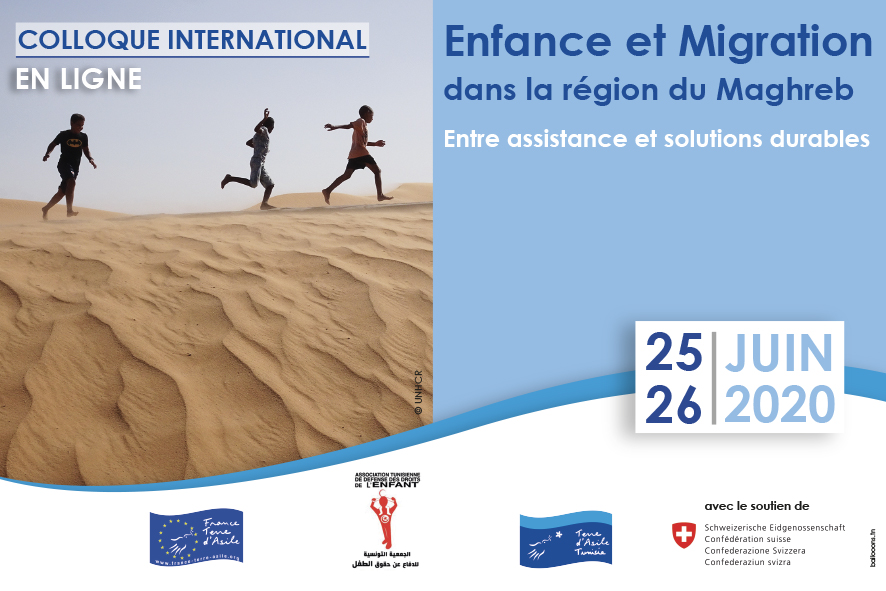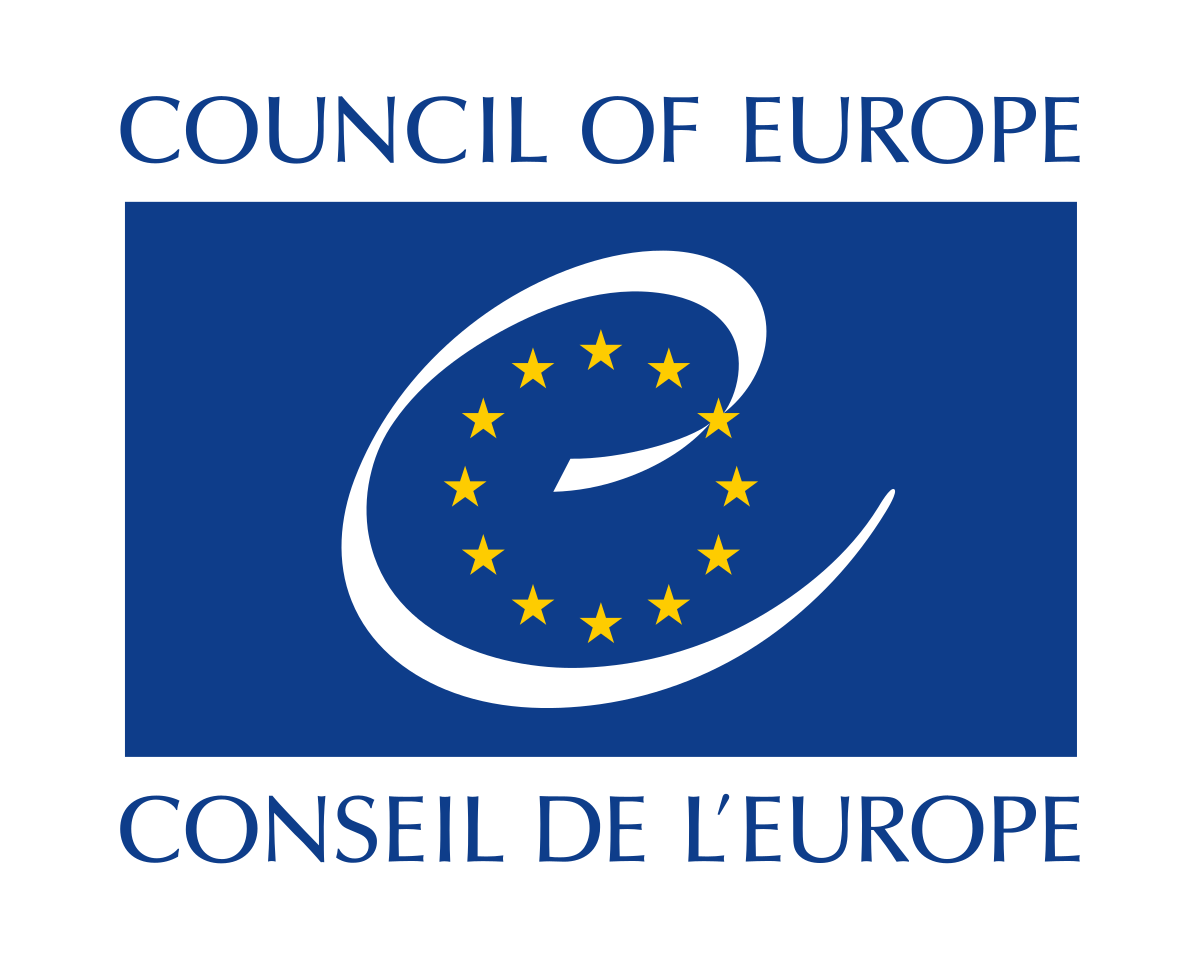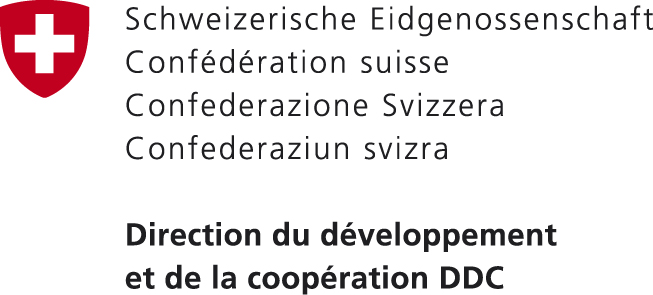Taking to the sea with the dream of escaping to Europe, only to be sent straight back to Libya. For countless migrants, attempts to cross the Mediterranean from the Libyan coast end in failure. As recently as March 31, a group of 138 migrants was intercepted off the west coast of Libya and brought back to the naval base in the capital Tripoli by the coast guard.
A few days earlier, a thousand migrants were also intercepted in boats in the space of only 48 hours, according to the International Organization for Migration (IOM). These interceptions are often a waking nightmare for the migrants, who want to escape the Libyan detention hell at any cost.
What happens to these people – numbering in the thousands – once they are deported back to Libya?
'They count us and we get a box of snacks'
Contacted by InfoMigrants, Ali, a Guinean migrant who has been intercepted several times at sea in recent years, recounts the classic procedure.
"Brought back to the port, we are counted. Then IOM [International Organization for Migration] agents give us boxes. There are croissants, juice cans and a one-liter bottle of water inside," Ali explains. "It's always like that."
IOM teams are present at migrant landing sites across Libya. Contacted by InfoMigrants, spokesperson Safa Msehli said that in addition to water and food, the UN organization provides hygiene kits.
IOM takes care of the weakest
Members of the IOM carry out medical examinations on the spot, says Msehli. The most critical cases are taken to a nearby clinic by ambulance.
"The IOM agents ask if there are any sick people [among the group of migrants]," says Ali, adding that most of the migrants, who have sometimes spent several days at sea by the time they land on Libyan soil, do not receive any other medical examination.
Prison detention for most
For those who are not sent for treatment for health problems, official detention centers are the next step. "Most of these migrants end up in arbitrary detention," says Msehli. No information is provided to the migrants sent to these places.
There are many such facilities in the country, such as the Tariq Al-Sikka prison in Tripoli, the Sharah Zawiya prison in the south of the capital, and the Zintan prison in the southwest. There are also clandestine centers run by militias and armed groups.
Whether they are official or not, living conditions in these centres are deplorable. Numerous testimonies give details of violence, torture and even food deprivation. "The IOM makes regular visits to these centers to provide support, humanitarian aid, medical and psychological care [to the migrants]," says Msehli. But there are no security measures in place to protect the detainees from abuse.
The situation inside the centres is very opaque. The Sharah Zawiya centre, for example, is supposed to be a transit center where migrants intercepted at sea must be interrogated before being transferred to an official detention center. "Theoretically, they should not stay there for more than 48 hours," IOM told InfoMigrants in February 2020.
However several migrants have claimed to InfoMigrants that they have been locked up there for more than two days and never interrogated.
In order to leave these places it is often necessary to pay a sum of money. Without this, detention can last for many months.
Arbitrary releases on land
On very rare occasions, migrants manage to escape from detention centers or they are released by Libyan forces after disembarking. These are extremely rare cases that do not follow any logic, according to IOM.
"These releases are arbitrary. There are no clear rules," said Msehli.
Ali says he was released in January 2020, along with the entire group of people with whom he was intercepted at sea. This was the only time: all his other attempts to cross led him to detention centers, apart from once, when he was able to escape.
Some vanish into thin air
Over time, keeping track of these migrants proves impossible. "There is no registration system [for these people] set up by the Libyan authorities," complains Msehli. "Migrants are often moved from one place to another. And the UN has received reports of disappearances and trafficking from these centres."
In fact, several of Ali's friends have completely vanished into thin air. Following an interception at sea, they were sent to the Sharah Zawiya investigation center and Ali never managed to find them again.
Published by Charlotte Oberti, Informigrants, on 06/04/2021
Picture by ANSA/Zuhair Abusrewil
